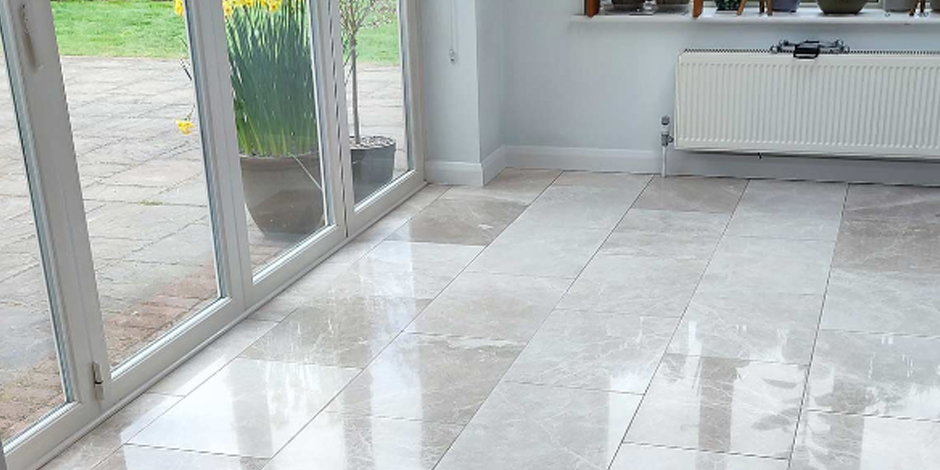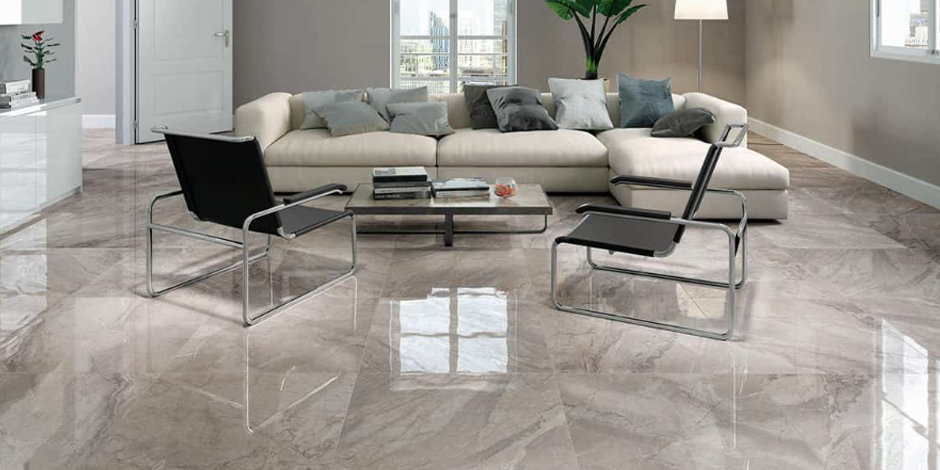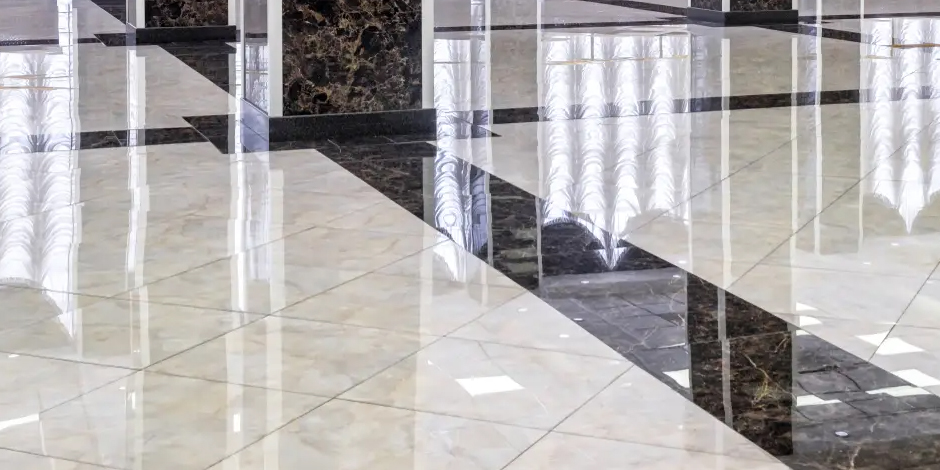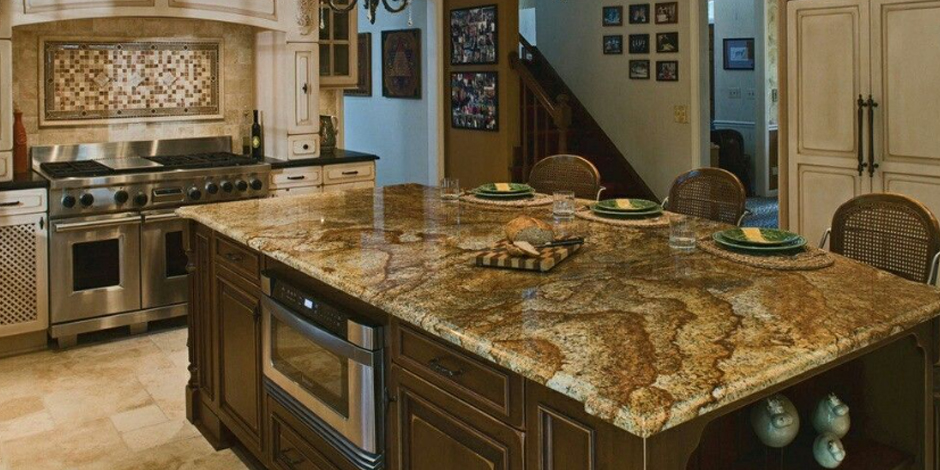Maintaining Marble’s is a stunning and durable stone that has been used in architecture and decoration for centuries. From elegant facades and columns to luxurious stairs, floors, fireplaces, and countertops, marble has an unmatched beauty that adds sophistication and class to any space.
However, due to its extensive use in various environments, marble can be exposed to substances that can compromise its surface and useful life. Stains, scratches, and discoloration are common problems that can occur over time if marble is not properly Maintaining Marble’s and cared for.
To preserve the beauty and longevity of your marble surfaces, it’s crucial to follow some basic Maintaining Marble’s steps. Regular cleaning with a pH-neutral cleaner and the use of protective sealants can help prevent staining and etching. It’s also essential to avoid exposing your marble to acidic substances, such as vinegar or lemon juice, which can cause irreversible damage.
In addition to marble, granite is another popular stone used in architecture and decoration. Although granite is more durable than marble, it still requires proper maintenance to retain its natural beauty and strength.
To keep your granite surfaces looking their best, it’s important to avoid using harsh cleaning agents and abrasive tools that can scratch or dull the surface. Instead, opt for a gentle cleaner and a soft cloth to wipe down your granite regularly. Applying a sealer can also help protect your granite from stains and scratches.
- Waterproofing: Waterproofing is an essential step in maintaining the appearance and durability of stone countertops in kitchens and bathrooms. Without proper protection, liquids can seep into the surface, causing stains and compromising the stone’s structural integrity. To avoid this issue, routine waterproofing is recommended.
To prolong the life and enhance the beauty of your stone countertops, it’s important to waterproof them at least once a year. This helps to prevent liquids from penetrating the surface and causing permanent damage. Waterproofing also makes cleaning and maintaining your counters easier, as liquids will not be absorbed into the stone.
There are various methods of waterproofing available, including the use of sealers and impregnators. These products create a protective barrier on the surface of the stone, preventing liquids from penetrating the pores. They can also enhance the color and shine of the stone, giving it a polished and elegant appearance.
It’s important to choose a waterproofing product that is specifically designed for your type of stone. Different stones have different properties and require specific treatments to ensure optimal protection and preservation. Consulting with a professional or researching the best waterproofing methods for your stone type can help ensure that your counters remain in excellent condition for years to come.

- Installation: When it comes to home decorating, certain materials require precise installation to achieve a polished and professional look. This is especially true for special projects such as marble and granite, where even minor installation errors can lead to irreparable damage and expensive repairs.
To avoid costly mistakes, it’s crucial to choose a reputable and knowledgeable company for the installation of these surfaces. Before signing any binding commitments, it’s important to ask about the company’s experience and expertise in working with marble and granite.
Installing marble and granite requires specialized skills, tools, and knowledge of the stone’s unique properties. The installation process involves careful measuring, cutting, and polishing to ensure a seamless and level surface. If the installation is done improperly, it can compromise the design of your space and detract from the beauty of the stone.
Choosing a professional and experienced installation company can make all the difference in the quality and longevity of your marble and granite surfaces. A knowledgeable installer will be able to offer guidance on the best type of stone for your space, as well as provide recommendations on care and maintenance.
- Stains and scratches: Marble is a stunning and timeless stone that requires special care and attention to maintain its beauty and longevity. As a porous material, marble is susceptible to stains and scratches, which can compromise its surface and dull its shine.
Liquids, such as oil, fat, or water, can quickly seep into the surface of the marble, causing irreversible stains. It’s crucial to clean up any spills as soon as possible to prevent them from penetrating the pores of the stone. If justify unattended, stains can become ingrained in the surface, making them difficult or impossible to remove.
In addition to spills, scratches are another common issue that can occur with marble. Even minor scratches can detract from the stone’s beauty and reduce its value. To prevent scratches, it’s essential to avoid using harsh cleaning agents or abrasive tools on the surface of the marble.
Instead, opt for a soft cloth and a pH-neutral cleaner to wipe down the surface of your Maintaining Marble’s regularly. If a spill occurs, gently blot the area with a clean cloth to remove any excess liquid. Avoid rubbing the area, as this can push the liquid further into the pores of the stone.
In cases where stains or scratches have already occurred, it’s best to consult with a professional to determine the best course of action. There are various products and techniques available for removing stains and repairing scratches, but these should be done by experts to avoid causing further damage to the stone.
Stains and scratches are common issues that can occur with marble surfaces. To prevent these problems, it’s important to clean up spills promptly and avoid using harsh cleaning agents or abrasive tools. With proper care and maintenance, your marble surfaces can retain their natural beauty and elegance for years to come.

- Daily cleaning: Regular cleaning is essential for maintaining the beauty and durability of marble and granite surfaces. Daily cleaning can help prevent the accumulation of dirt, dust, and grime, which can lead to stains and discoloration over time.
Cleaning your marble or granite surfaces is simple and straightforward. All you need is a damp cloth and a gentle, pH-neutral cleaner. Avoid using harsh chemicals or abrasive tools that can scratch or damage the surface of the stone.
To clean your surfaces, start by wiping down the surface with a damp cloth to remove any dirt or debris. Then, use a gentle cleaner to wipe down the surface, paying special attention to any areas that may be more prone to stains or discoloration. Finally, dry the surface with a clean cloth to remove any excess moisture.
It’s important to note that different types of stone may require different cleaning methods. For example, some stones may be more sensitive to acidic cleaners, while others may require a specific type of cleaner to prevent damage or discoloration.
In addition to daily cleaning, it’s also important to maintain a regular schedule of deep cleaning and maintenance for your marble or granite surfaces. This may include applying a protective sealant or polish, or consulting with a professional for more advanced cleaning and restoration techniques.
Regular cleaning is crucial for Maintaining Marble’s the beauty and durability of marble and granite surfaces. By using a gentle cleaner and a damp cloth, you can help prevent stains and discoloration from occurring.
- Avoid chemical and abrasive products: Marble is a delicate and elegant stone that requires gentle care and attention to preserve its beauty and durability. To avoid damaging your marble surfaces, it’s crucial to avoid using harsh chemicals or abrasive products.
Chemicals such as bleach and other abrasive cleaning agents can cause irreversible damage to the surface of the marble. These products can lead to stains, scratches, and discoloration, detracting from the stone’s natural elegance and beauty.
In addition to avoiding harsh chemicals, it’s also important to avoid using abrasive tools or materials on the surface of the marble. Rough sponges, steel wool, and other abrasive materials can scratch or damage the surface of the stone, causing permanent damage.
Instead, opt for gentle cleaning products and tools that are specifically designed for use on marble surfaces. A soft cloth and a pH-neutral cleaner can effectively clean the surface of the marble without causing damage.
Marble and granite are popular stones used in a variety of settings, including kitchens, bathrooms, and outdoor spaces. These stones add elegance and sophistication to any space, but they do require regular Maintaining Marble’s to keep them looking their best.
Thankfully, keeping marble and granite clean is not as daunting as it may seem. With a few simple tips, you can enjoy the beauty and durability of these stones without worrying about stains or dirt.
First and foremost, it’s essential to clean up any spills or messes as soon as they occur. The longer a spill sits on the surface of the stone, the more likely it is to cause stains or discoloration. Use a soft cloth and a gentle cleaner to wipe down the surface regularly, paying extra attention to areas that may be more prone to spills or messes.
Avoid using harsh chemicals or abrasive tools when cleaning your marble or granite surfaces. These can scratch or damage the surface of the stone, leading to permanent damage. Instead, use a pH-neutral cleaner and a soft cloth to gently clean the surface.
It’s also important to regularly seal your marble or granite surfaces to protect them from stains and discoloration. A protective sealant creates a barrier on the surface of the stone, preventing liquids from penetrating the pores.







 Content Writing
Content Writing Video Marketing
Video Marketing Graphic Design
Graphic Design Lead Magnet Creation
Lead Magnet Creation Content Marketing
Content Marketing